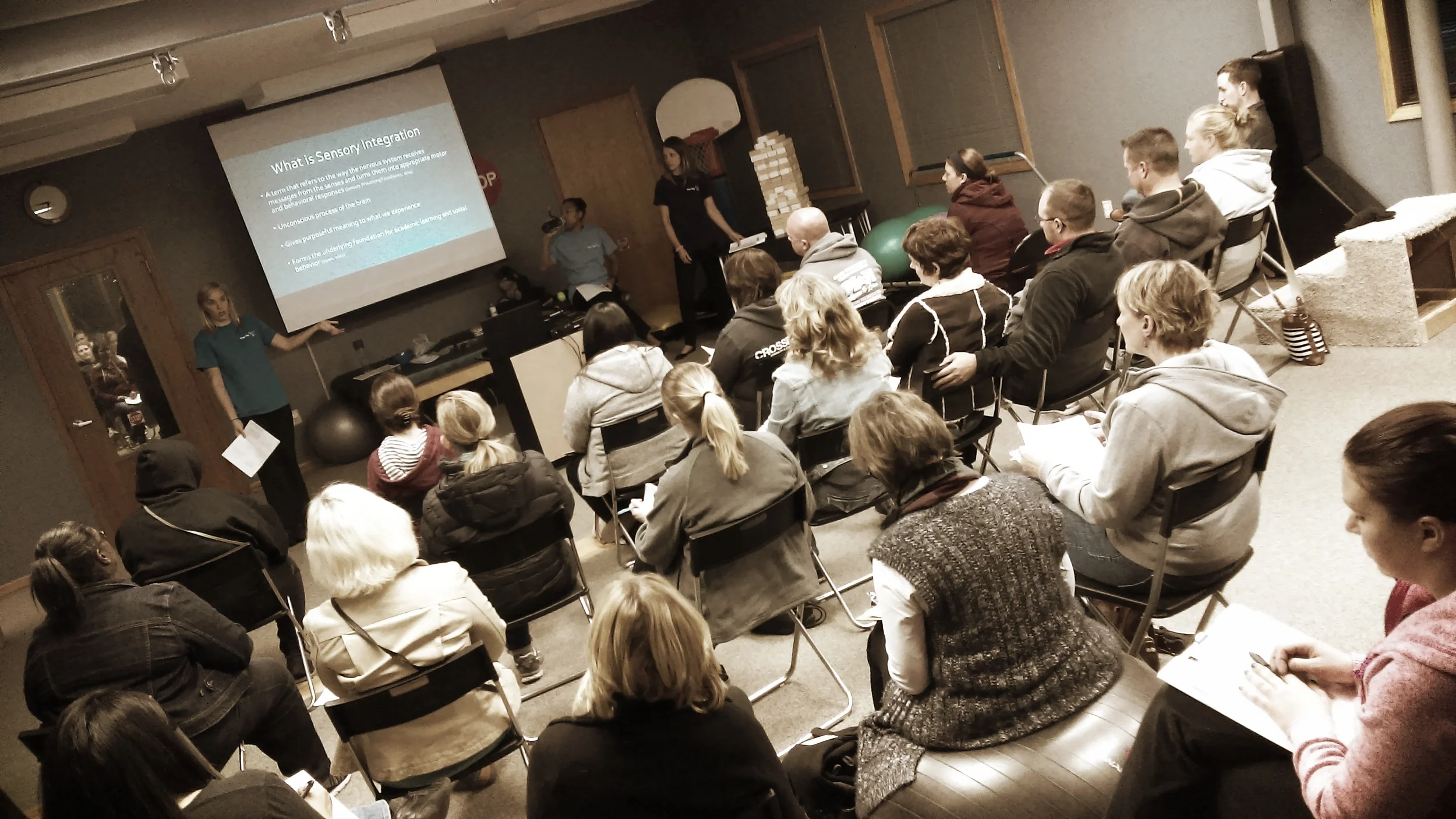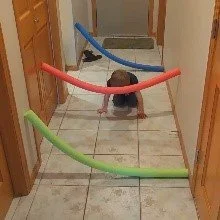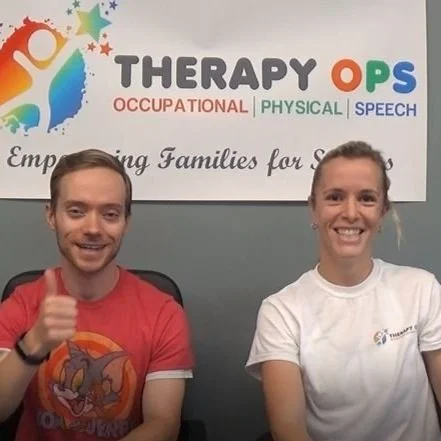Kid's Safety Awareness
/Would you consider your child a risk taker or someone who does not seem aware of risks? They might fall more frequently or fall on purpose, seem lost in space, and/or never stop moving or crashing. Children like this struggle with safety awareness and can make fun outings like the playground and pool stressful for parents and caregivers.
Read More




















